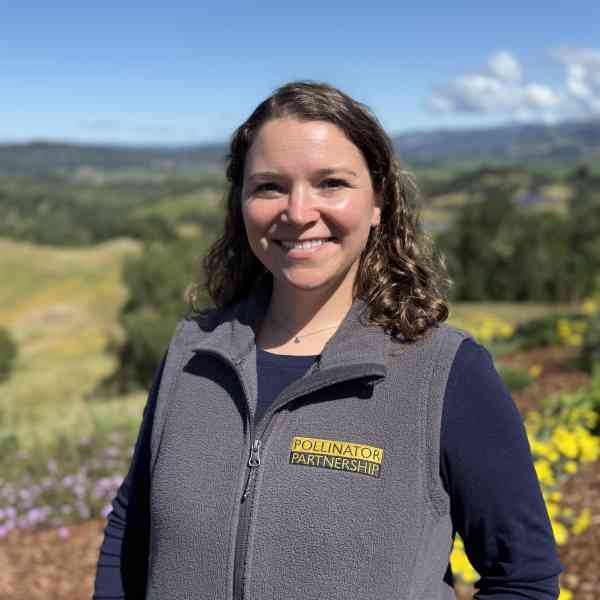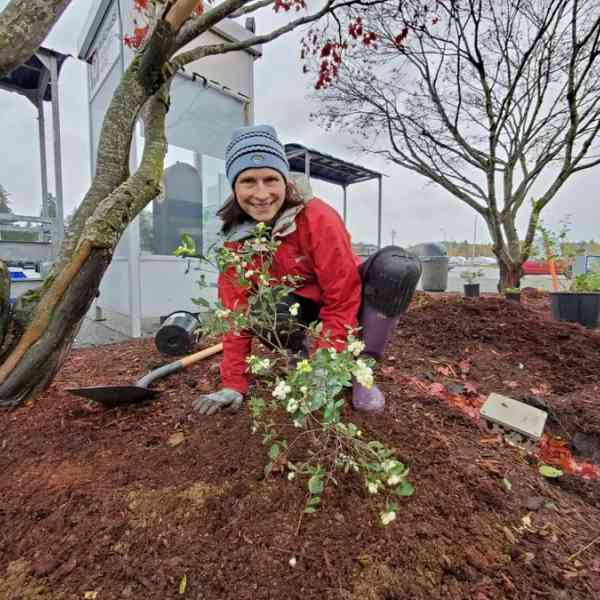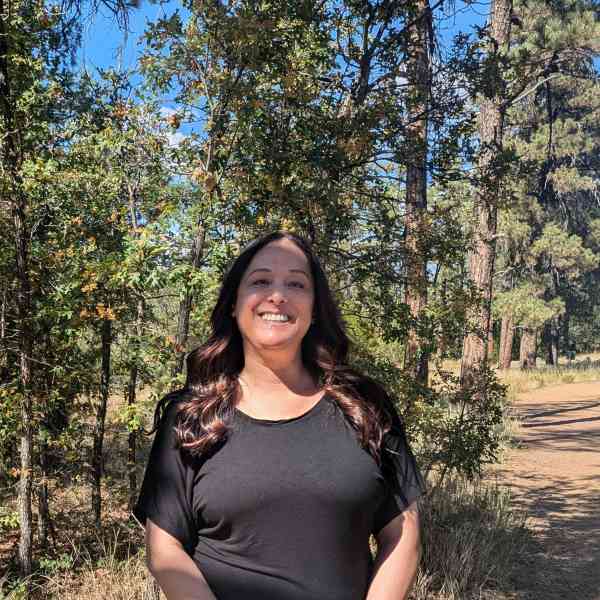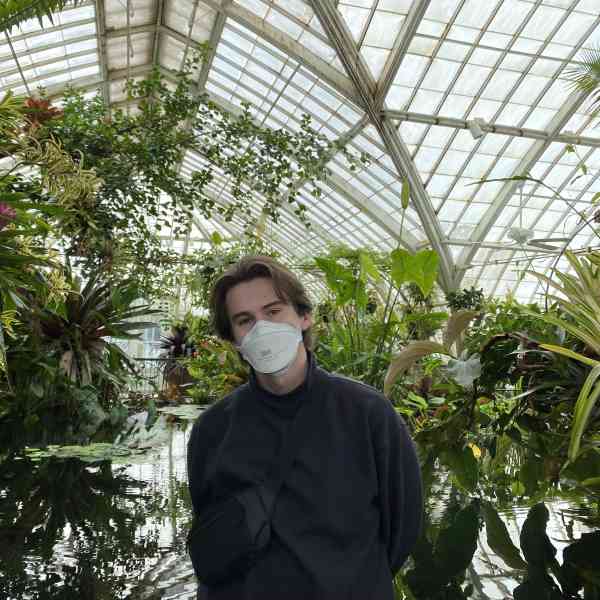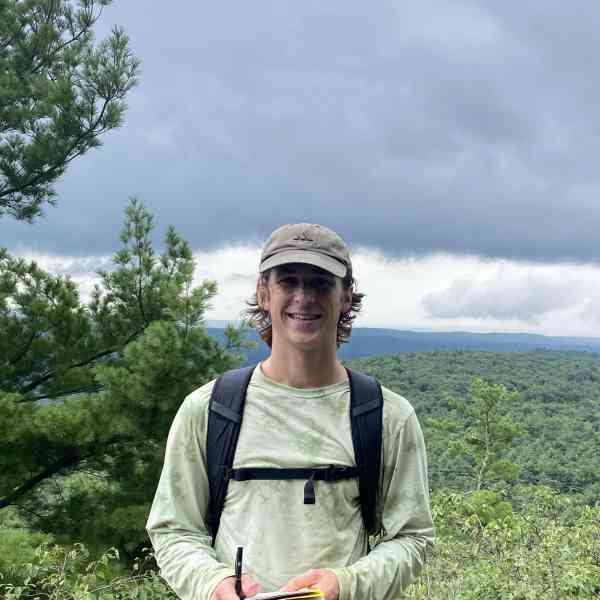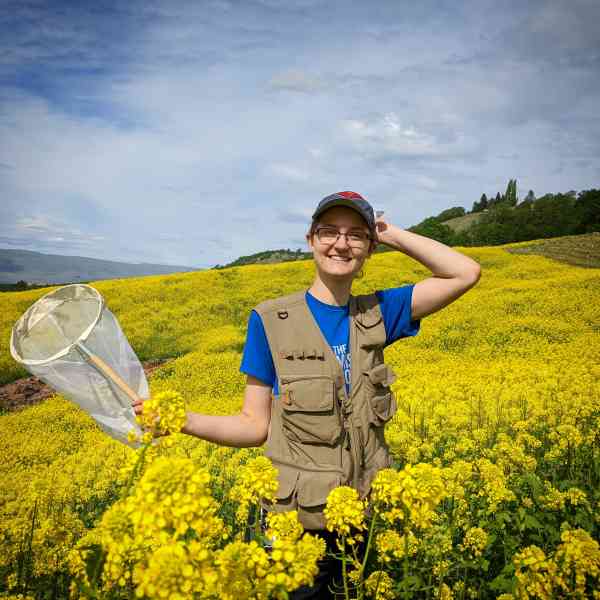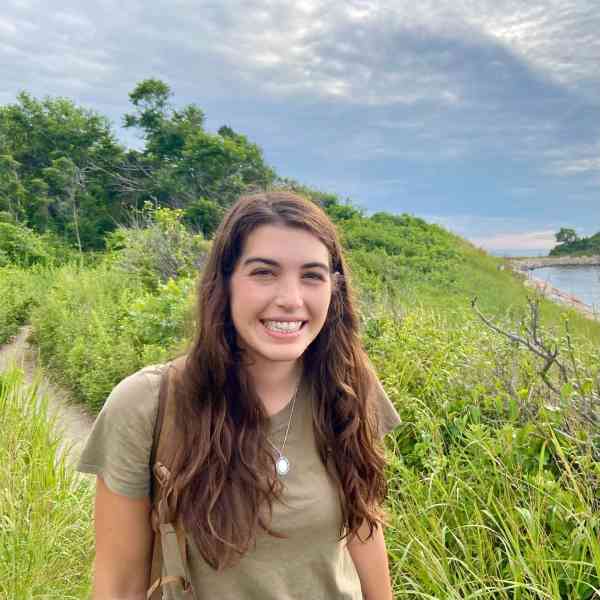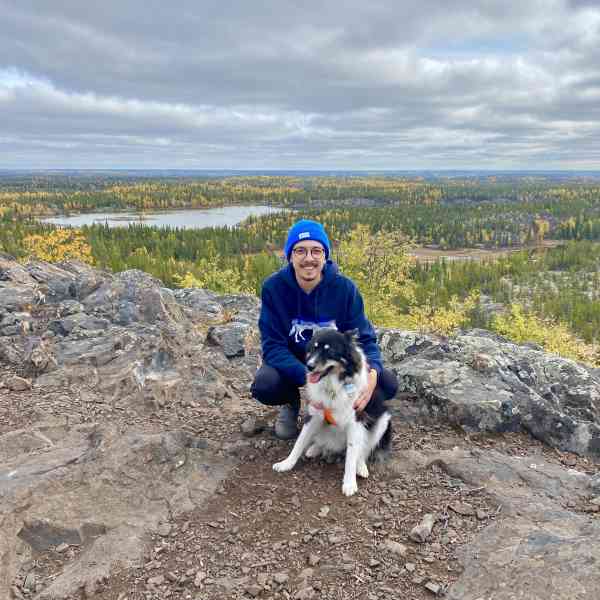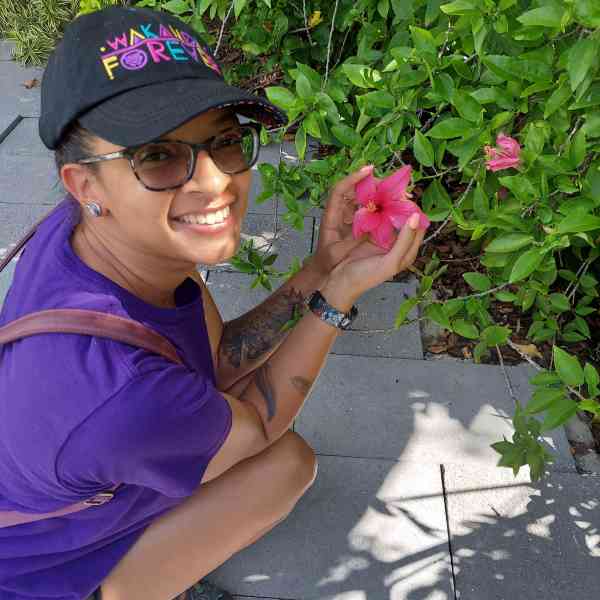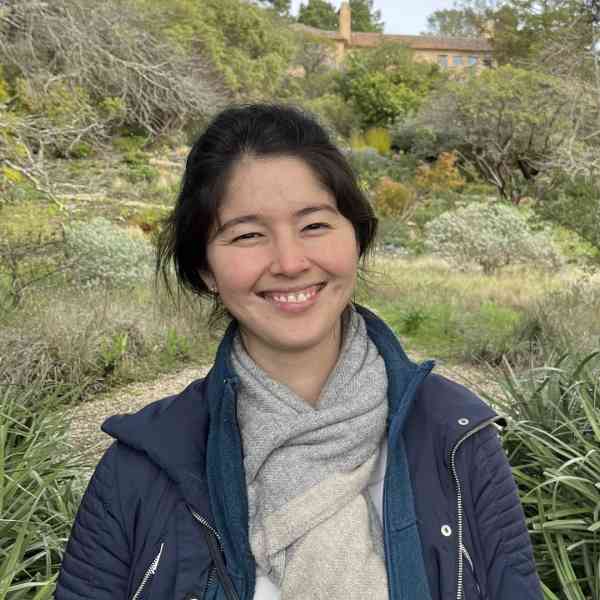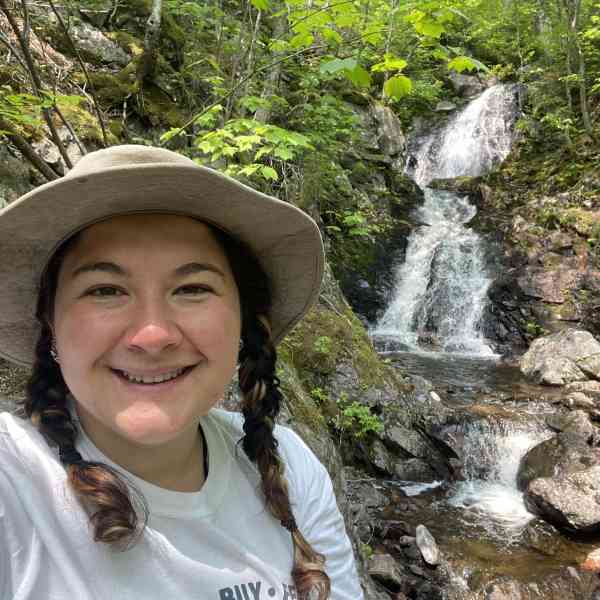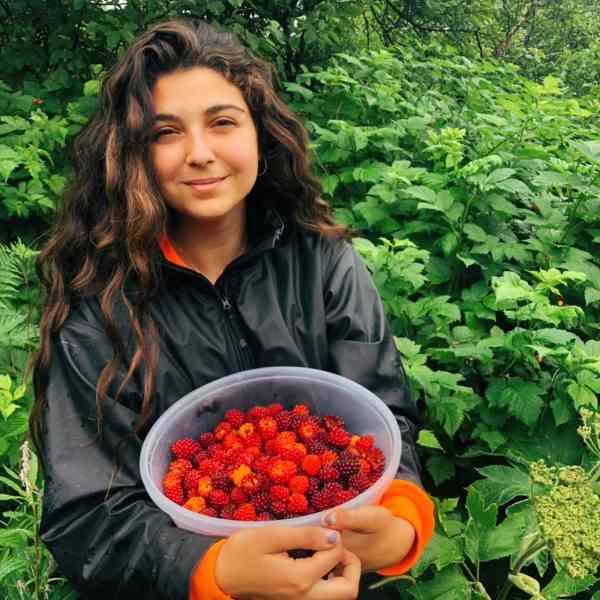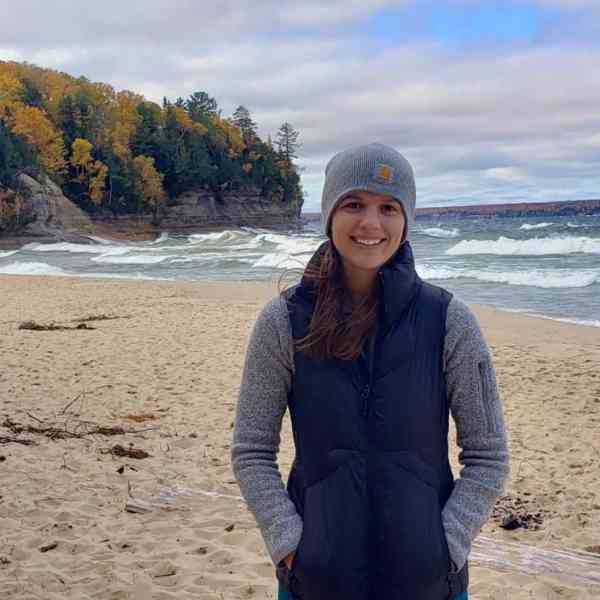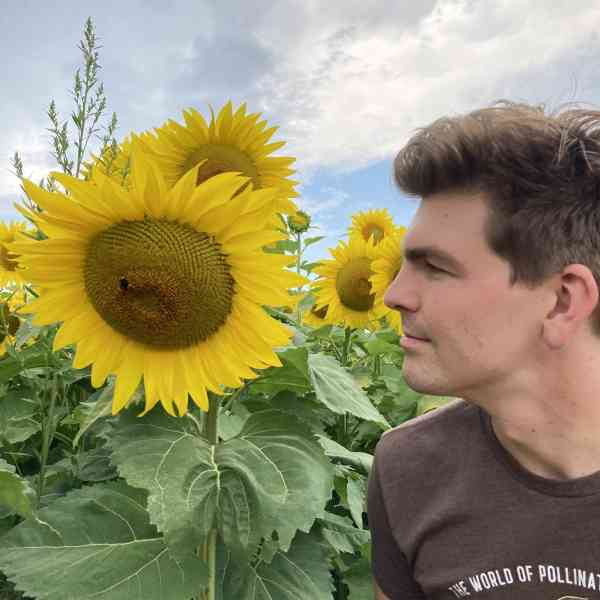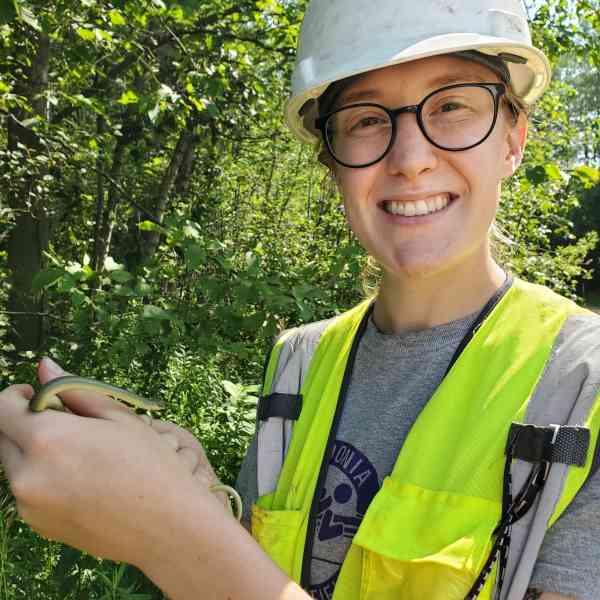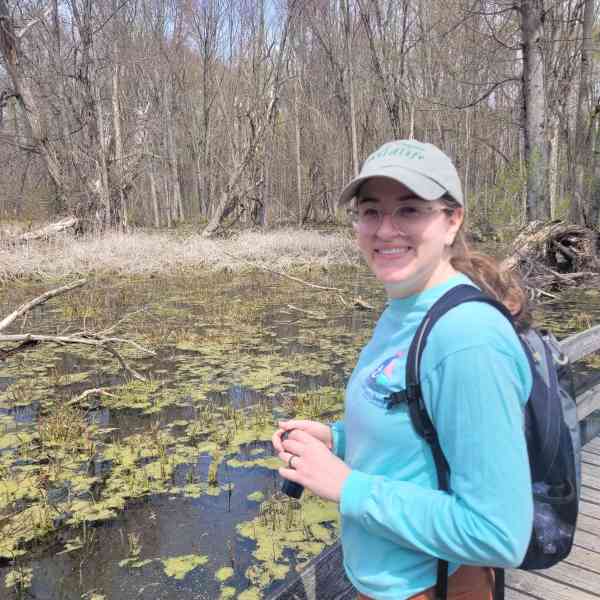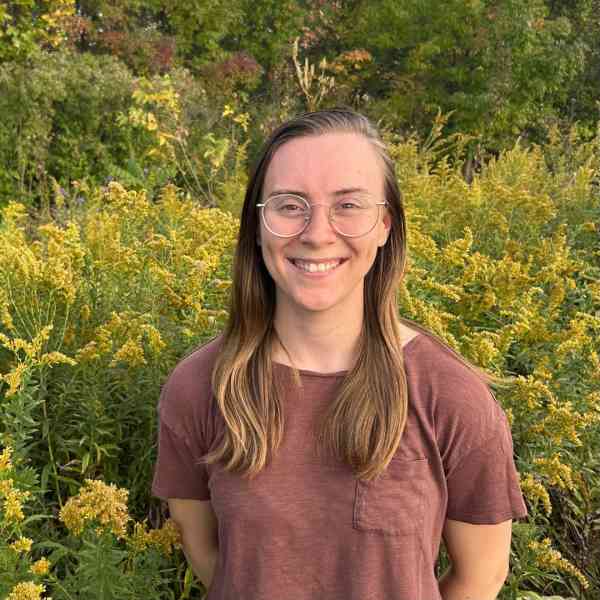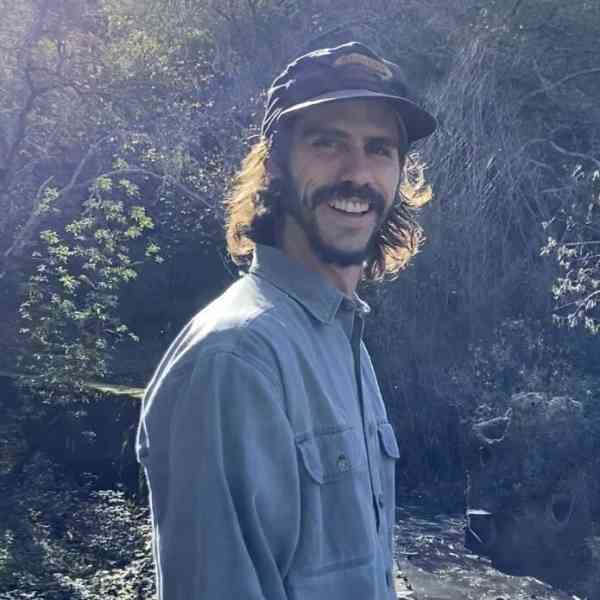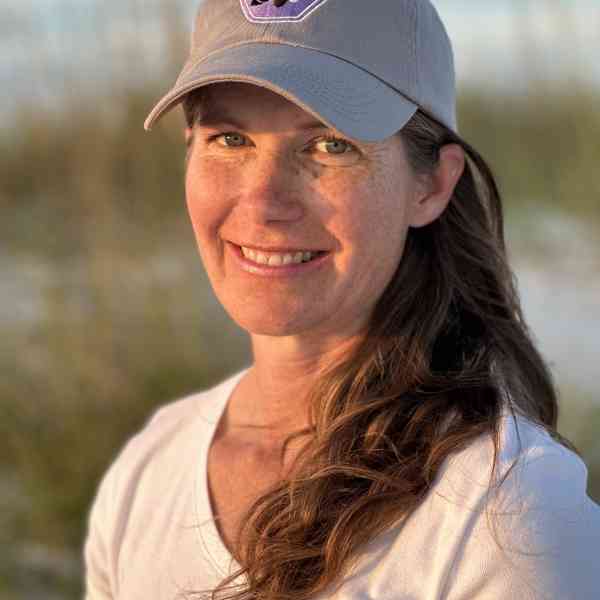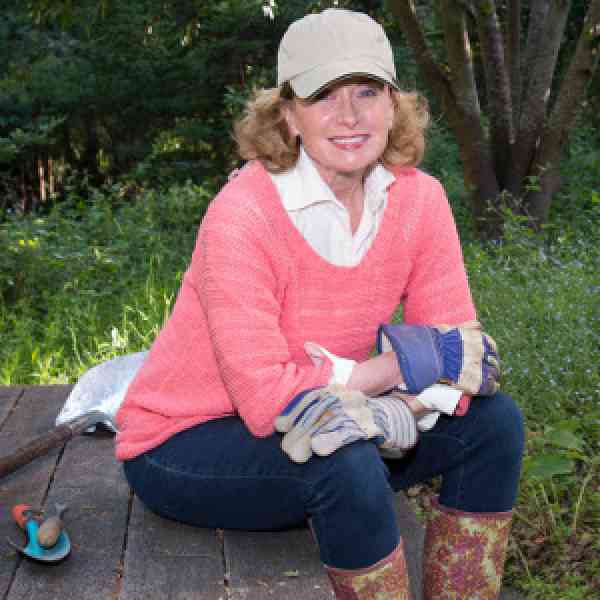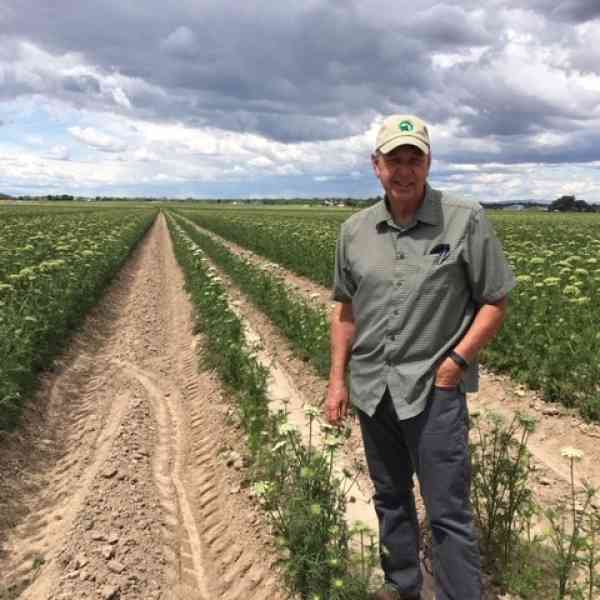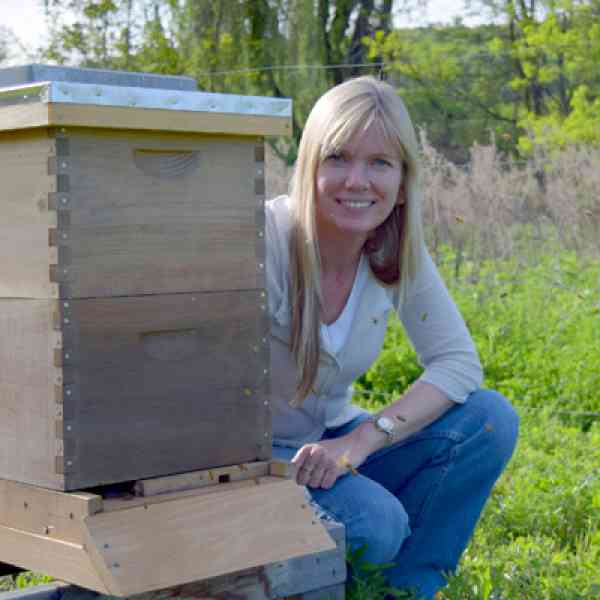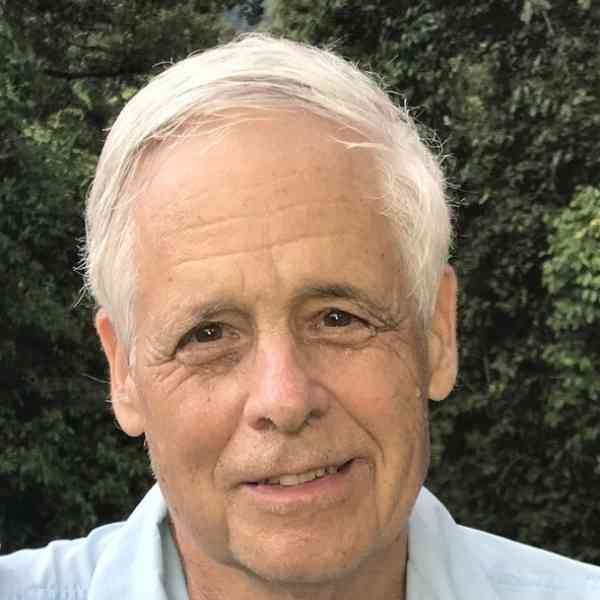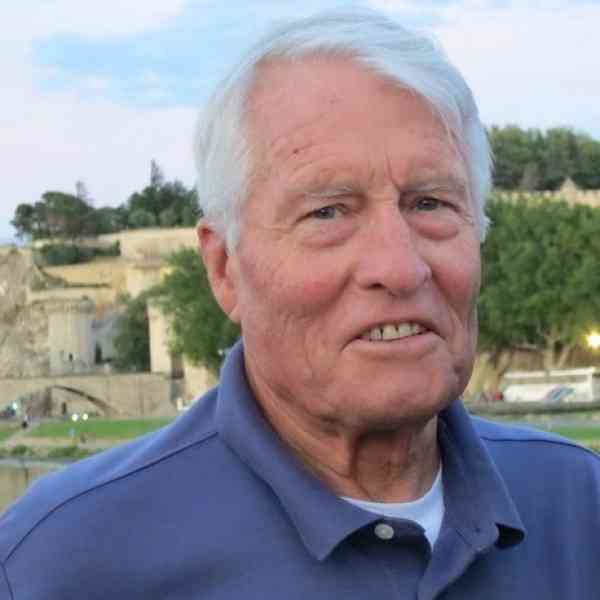About Us
Mission
Pollinator Partnership’s mission is to promote the health of pollinators, critical to food and ecosystems, through conservation, education, and research.
Vision
In the future, we will have a sustainable and equitable world for people and pollinators, with food production, ecosystems, and economies thriving.
Signature initiatives include the NAPPC (North American Pollinator Protection Campaign), National Pollinator Week, and the Ecoregional Planting Guides. Learn more about how Pollinator Partnership is dedicated exclusively to the health of pollinating animals by downloading our Protecting Pollinators, People, and the Planet brochure!

What are pollinators?
Why are pollinators important? What is pollination? We've got all these answers and more for you.
Learn more about us
Our Team
Pollinator Partnership Staff
Board of Directors
SCIENCE ADVISORS
- May Berenbaum, Ph.D.
- Gloria Degrandi-Hoffman, Ph.D.
- Mark Moffet, Ph.D.
- Mary Purcell-Miramontes, Ph.D.
- Peter Raven, Ph.D.
- Larry Stritch, Ph.D.
- Gordon Wardell, Ph.D.
NATIONAL ADVISORS
- Paul Growald, Founder and Chairman Emeritus
- Robert L. Kilpatrick, Ph.D.
- Kyle Lybarger
- Gladys Phillips Evans
- Al Sikes
- Kayla Walters
POLLINATOR LEADERSHIP CIRCLE
- Laurie Davies Adams and Chick Adams
- Manukora
- Toyota Motors North America
- Terry and Diana Witzel
Our History

1997 - Pollinator Partnership (Coevolution Institute) is founded
1999 - Pollinator Partnership establishes the North American Pollinator Protection Campaign
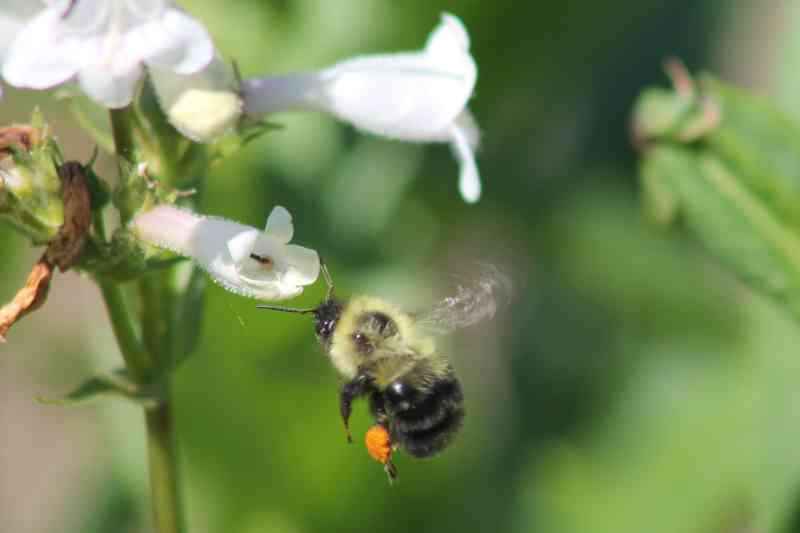
2005 - Pollinator Partnership wins the EPA’s Pesticide Environmental Stewardship Program Award
2006 - Collectively writes and publishes the frequently-cited Bombus terrestris white paper
2007 - National Research Council publishes the Status of North American Pollinator report, spearheaded by Pollinator Partnership and NAPPC


2007 - National Pollinator Week is recognized by the US Senate
2007 - US Postal Service petitions P2 to create a commemorative stamp in honor of North American pollinators
2008 - NAPPC partners provides input and Pollinator Partnership delivers appeals to ensure that the 2008 Farm Bill included pollinator programs in conservation and research titles

2008 - NAPPC and Pollinator Partnership launch the Honey Bee Health Grant program and that since then has funded over $1 million in honey bee research projects
2009 - Pollinator Partnership wins the EPA’s Pesticide Environmental Stewardship Program
2010 - Pollinator Partnership unveils the Bee Smart School Garden Kit, helping educators across the continent introduce pollinators to their students

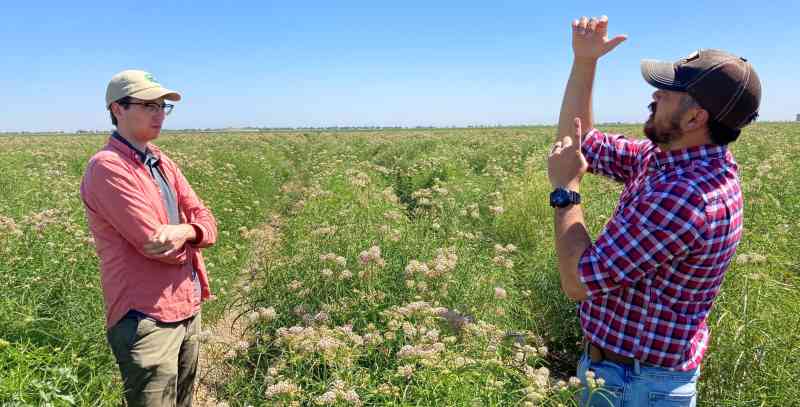
2011 - Pollinator Partnership publishes a series of Ecoregional Guides that cover the lower 48 states. These guides are searchable by zip code and help the public find which plants are appropriate for the native pollinators in their region.
2011 - Pollinator Partnership wins the Garden Club of America’s Cynthia Pratt Cynthia Pratt Loughlin Loughlin Award
2013 - Pollinator Partnership acquires the Bee Friendly Farming program
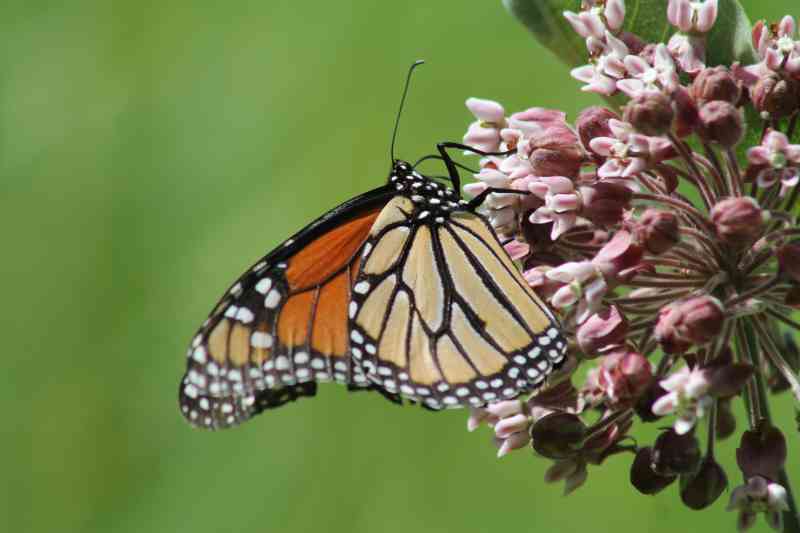
2013 - Pollinator Partnership’s sister organization, Pollinator Partnership Canada is established
2014 - Pollinator Partnership advises the Obama Administration on Presidential Memorandum on Pollinator Health
2014 - Monarch Wings Across America is launched with its first focus state, Ohio

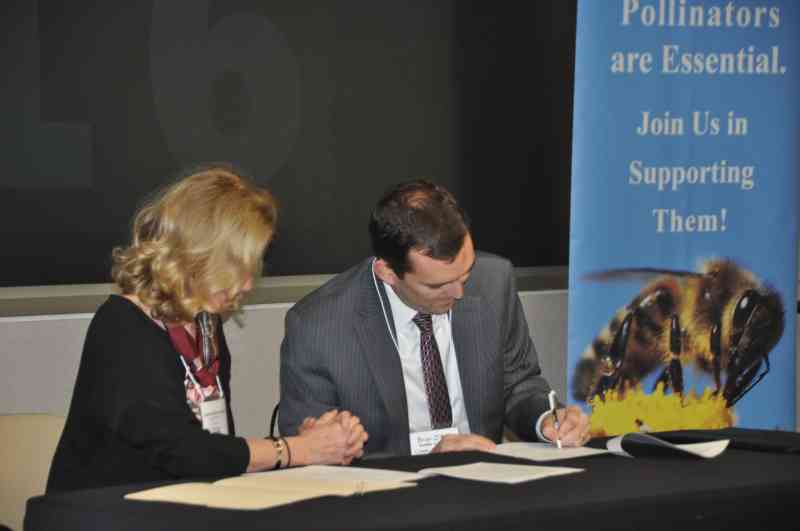
2014 - Establishes the Corn Dust Consortium Reportings
2015 - Pollinator Partnership advises on the Federal Strategy to Promote the Health of Honey Bees and Other Pollinators
2016 - Monarch Wings Across the Eastern Broadleaf Forest (MWAEBF) program starts and lays the foundation for Project Wingspan
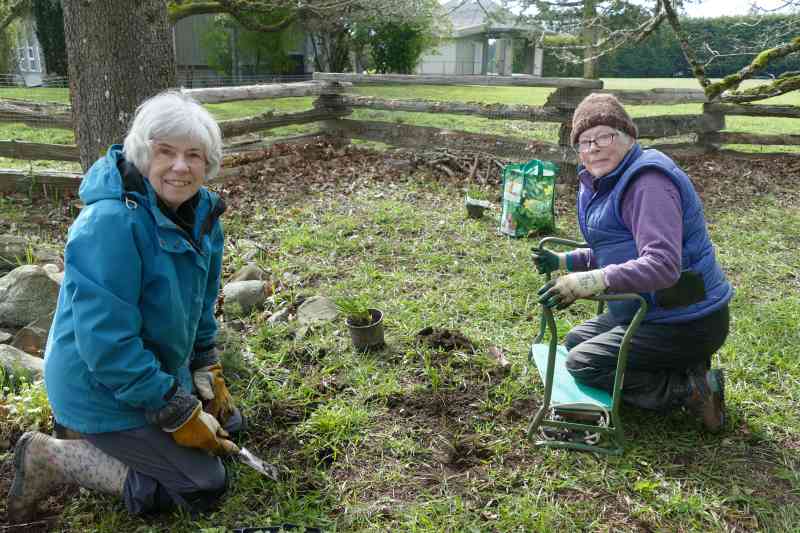
2018 - Pollinator Stewardship Certification training launches, enabling pollinator enthusiasts and land managers to become certified pollinator advocates
2020 - Despite the constraints of the pandemic, the NAPPC Conference is administered virtually for the first time
2021 - Pollinator Partnership partners with Toyota Motors North America to enhance 26,000 acres of pollinator habitat over 5 years

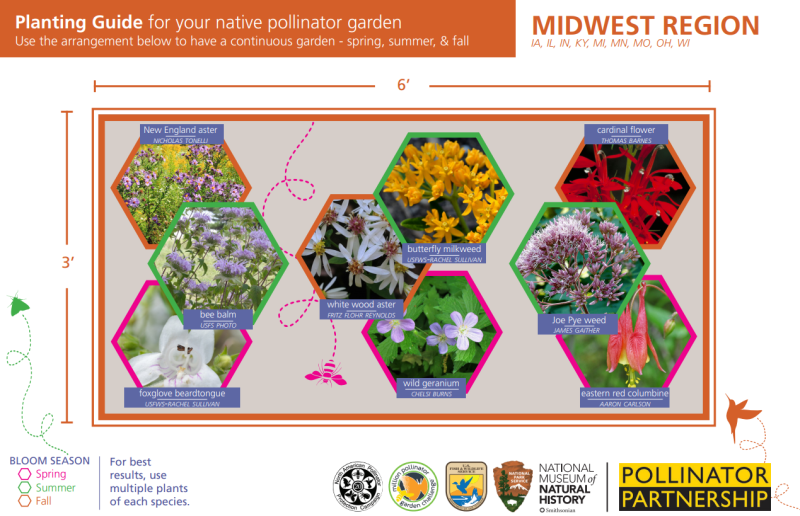
2022 - Pollinator Partnership debuts the Native Pollinator Garden Recipe Cards
2022 - Pollinator Partnership celebrates its 25th Anniversary
2023 - NAPPC and Pollinator Partnership launch the Imperiled Bombus and Lepidoptera Grant programs
